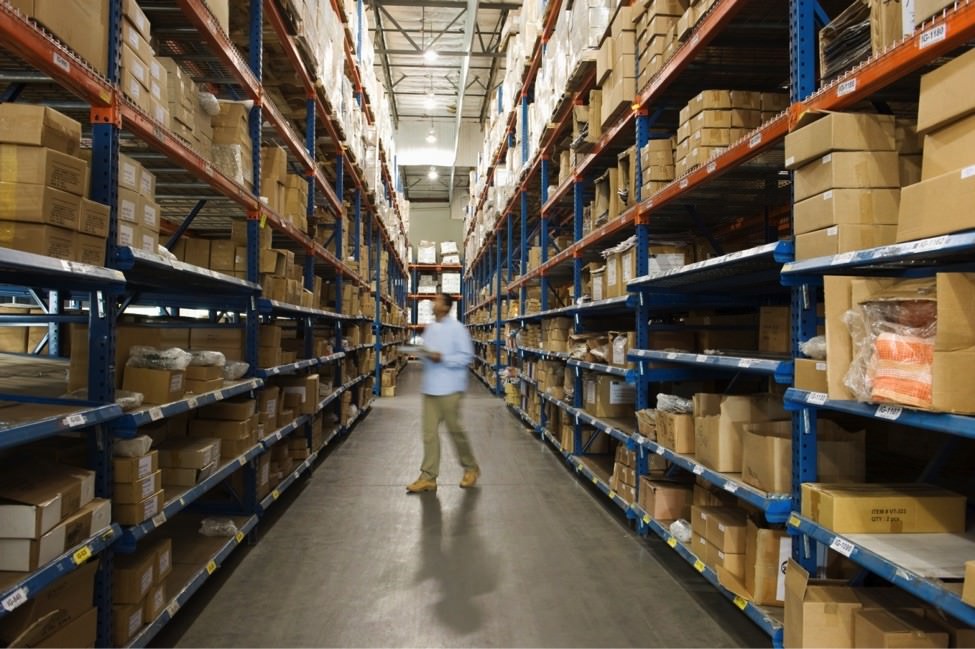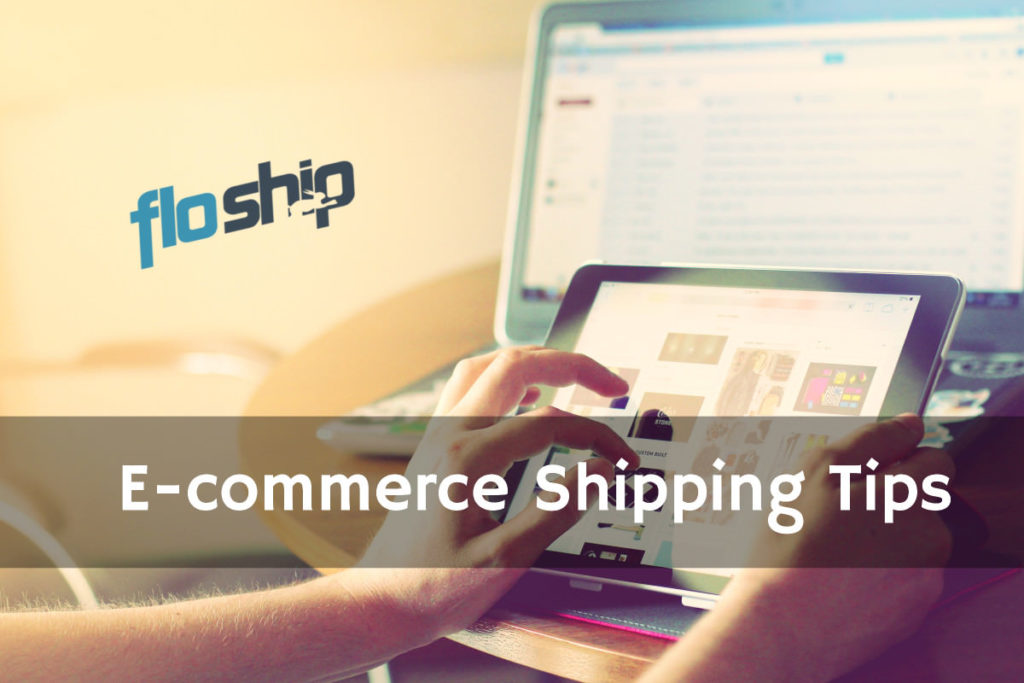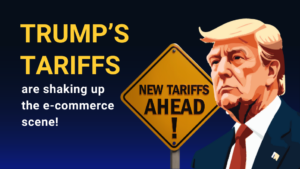You have finally set up your dream e-commerce company and are ready to take orders. What comes next is critical to its success – Shipping.
When you sell tangible products, you must manage shipping in a smart way to be successful. Packing orders carefully and monitoring expenses are critical factors.
As an e-commerce beginner, these 5 shipping tips will help you master shipping:
1. How to Charge
You need to finalize a strategy on how to charge your customers before you start shipping your products.
Some common ways of billing are:
- Free shipping: This has been shown to reduce shipping cart abandonment and helps in differentiating your brand. However, remember that the shipping is free for the customers, not for you. You have to pay it out of your margins.
- Carrier Rates: Here you will charge the carrier rates for shipping. You can pass the shipping cost onto your customers and let them select the exact service they want.
- Flat Rate: Offer a flat-rate shipping option on all your products. It would work the best if you have a standard product line that share similar sizes and weights.
2. Weigh Every Product Accurately
You must know how much your product exactly weighs before shipping it.
Ensure that the loaded trucks are weighed with good quality weighing scales like the truck scales. Ideally, the packages should not weigh more than 50 pounds for safety reasons and if it does exceed, you must label it.
When your shipping to your distribution warehouse and the package contains pallets, the correct weight would be the gross weight of the product and the pallet combined. Ensure that this weight doesn’t exceed 1,500 pounds. Secure all the packages with appropriate binding materials.
3. Pack & Label
Consider all the packaging materials that you can use for your products.
Don’t be afraid to think of some unconventional materials like coffee bags as they are of high quality yet inexpensive. They are ideal if you don’t require protective padding. Consider large packaging suppliers to get good, wholesale rates for the packaging materials.
Once the packaging, shipping costs, weight of the packages using shipping scales has been determined, you must focus on how to label the packages.
Right labeling will streamline the shipping process.
It isn’t uncommon for new e-commerce entrepreneurs to write the shipping and return address by hand but it isn’t scalable as the company grows.
You can consider using various e-commerce platforms that allow you to print shipping addresses from the orders page. You can then stick them on the packages using tape or consider sticker mailing labels.
4. Work with a Fulfillment Warehouse
Fulfillment warehouse helps in automating and handling the shipping for you.
When you work with a fulfillment house, you will be able to choose inventory at their warehouse(s).
Based on how you integrate their system with your shopping cart, your fulfillment partner will automatically be forwarded to pick up an order as soon as it comes in.
They will pack and ship the purchase order on your behalf. Some advantages of using a fulfillment warehouse include cheaper shipping rates and shorter shipping times.

5. Insurance & Tracking
Insurance and tracking depend on the product you are selling and its value. Though they are not necessary in all the cases, they can offer you great security if the product being shipped is valuable.
You can get insurance and tracking services for a low price in most courier service providers. These expenses are built into some shipping costs, so make sure you check the exact services they are offering when you compare prices.
When you are an e-commerce beginner, you must find ways to ship profitably apart from having an optimized warehouse management system.
Shipping is a significant expense and you must research carefully on how to ship without losing money. Map out all the costs associated with packages and shipping. Be wary of the little charges that add up and catch you off guard in the end.
Author Bio:

Kevin Hill is the content editor and online marketing manager at Quality Scales Unlimited. Always an early adopter and fast learner; Kevin combines his technical knowledge with content marketing in creative ways to give Quality Scales Unlimited a competitive edge.
Related Posts
- How Hong Kong Fulfillment Helps Your Ecommerce Growth
- Products Packaging Optimization and Branding
- How Amazon Floats All That Prime Free Shipping

Ready To Upgrade Your Logistic Solution?
Speak to Floship ecommerce logistic consultant about improving your global support chain today





